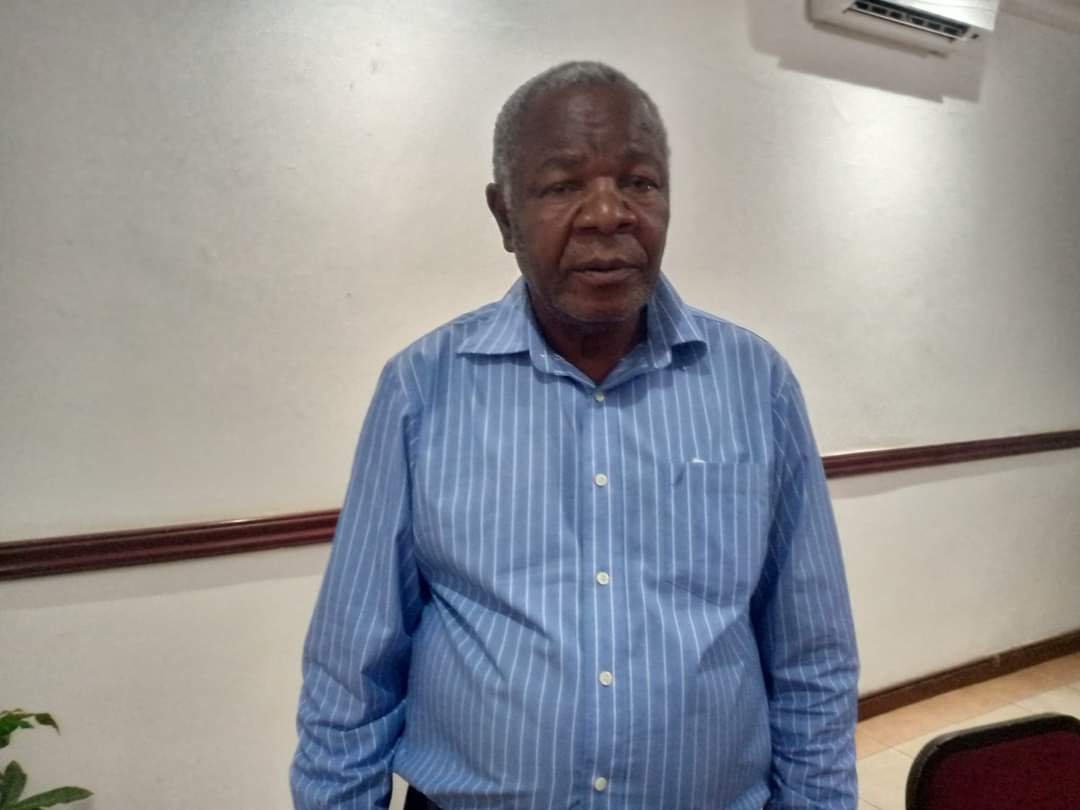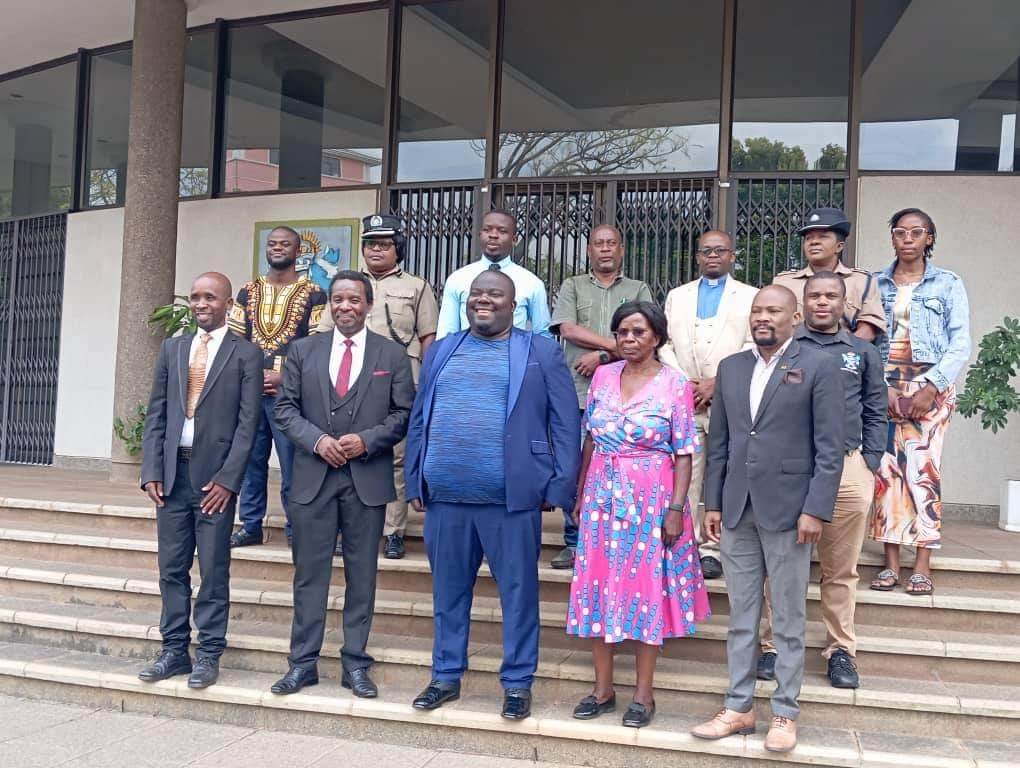By Jones Gadama
In a significant turn of events within Malawi’s multiparty political landscape, the Chiradzulu District Council has been denied funding for the period of February to March 2025.
This unprecedented decision marks a historic first in the nation’s political history, raising eyebrows and igniting discussions about the implications of such a move on local governance and development.
The denial of funds has not only left the district’s health department grappling with financial constraints but has also sparked allegations of political sabotage, particularly from Vice President Dr. Michael Usi, who has pointed fingers at government officials for what he perceives as a deliberate attempt to undermine the district’s progress.
The backdrop to this funding denial is steeped in the complex interplay of political affiliations and support. Chiradzulu District has been known for its allegiance to the Democratic Progressive Party (DPP), a political entity that has faced its share of challenges and controversies in recent years.
The denial of funding is being viewed by many as a potential punitive measure against the district for its political leanings, suggesting that the government may be using financial resources as a tool to manipulate political loyalty.
This situation raises critical questions about the role of government funding in local governance and the extent to which political affiliations can influence the allocation of resources.
As the health department in Chiradzulu grapples with the ramifications of this funding denial, the impact on public health services is becoming increasingly evident. With limited financial resources, the department is struggling to maintain essential services, leading to concerns about the well-being of the local population.
Health workers are facing challenges in delivering care, and the lack of funding could exacerbate existing health issues within the community. The situation is dire, and stakeholders are voicing their concerns about the long-term implications of this funding denial on the district’s development trajectory.
The silence of the District Commissioner on this pressing issue has only added to the uncertainty surrounding the funding denial. As a key figure in local governance, the District Commissioner’s lack of response raises questions about accountability and transparency within the district administration.
Stakeholders, including community leaders and health advocates, are calling for clarity and action, urging the government to prioritize the needs of the people over political maneuvering.
The silence from the District Commissioner is seen as a failure to advocate for the community’s interests, further fueling frustrations among residents who rely on government services for their well-being.
The broader implications of this funding denial extend beyond the immediate challenges faced by the health department.
Stakeholders are increasingly concerned about the potential stalling of development projects and initiatives that are crucial for the district’s growth. Infrastructure development, education, and social services are all at risk as funding becomes scarce.
The denial of resources not only hampers current projects but also sends a chilling message to potential investors and partners who may be hesitant to engage with a district that appears to be politically marginalized.
In light of these developments, there is a growing call for the government to reassess its priorities and ensure that the needs of the people take precedence over political considerations. The situation in Chiradzulu serves as a stark reminder of the potential consequences of politicizing public resources.
As citizens, community leaders, and health advocates rally together to demand accountability and action, the hope is that the government will recognize the importance of fostering an environment where development is not hindered by political affiliations.
Vice President Dr. Michael Usi’s allegations of sabotage by government officials resonate with many who feel that the funding denial is a calculated move to undermine the district’s progress.
His statements highlight the need for a more transparent and equitable approach to resource allocation, one that prioritizes the welfare of citizens rather than political agendas. The call for unity among stakeholders is crucial in navigating this challenging landscape, as the community seeks to advocate for its rights and ensure that its needs are met.
As the situation unfolds, the eyes of the nation are on Chiradzulu District, where the intersection of politics and public service is being scrutinized like never before.
The funding denial has sparked a broader conversation about the role of government in supporting local communities and the ethical implications of using financial resources as a means of political leverage. The residents of Chiradzulu are not merely passive observers in this unfolding drama; they are active participants in a struggle for their rights and their future.
The denial of funding to the Chiradzulu District Council for February to March 2025 represents a pivotal moment in Malawi’s multiparty politics. It underscores the need for a reevaluation of how political affiliations can influence the distribution of resources and the importance of prioritizing the needs of the people.
As stakeholders continue to voice their concerns and advocate for change, the hope is that this situation will serve as a catalyst for a more equitable and just approach to governance in Malawi.
The residents of Chiradzulu deserve a government that is committed to their well-being, one that recognizes that development should not be a pawn in the political game but a fundamental right for all citizens.




